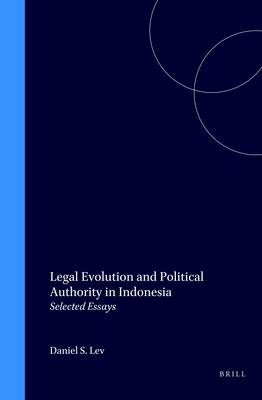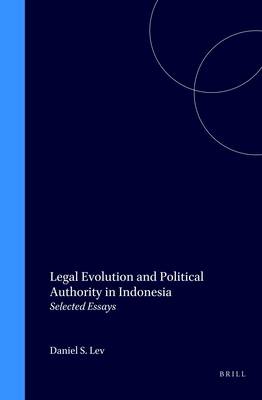
- Afhalen na 1 uur in een winkel met voorraad
- Gratis thuislevering in België vanaf € 30
- Ruim aanbod met 7 miljoen producten
- Afhalen na 1 uur in een winkel met voorraad
- Gratis thuislevering in België vanaf € 30
- Ruim aanbod met 7 miljoen producten
Zoeken
€ 596,95
+ 1193 punten
Omschrijving
For nearly forty years, following the collapse of Indonesia's parliamentary system, Indonesia's once independent legal institutions were transformed into dedicated instruments of a powerful elite and allowed to sink into a deep mire of corruption and malfeasance. Legal process was devastated far beyond the capacity of any simple effort at reconstruction by post-Suharto governments. Indonesia's problems in this respect surpass those of other countries in the region compelled by economic crisis to re-examine institutional structures. The works reprinted in this collection constitute a case study over time of legal decay and the rise of reform interests in one of the most complex countries in the world. Written during a period of more than thirty years, beginning in the early 1960s, the essays trace several themes in the legal history of modern Indonesia. They make clear, however, that legal history is seldom that alone, but rather, like law itself, is largely derivative, fundamentally imbedded in the interest, ideas, purposes, and contentions of local political, social, and economic power.
Specificaties
Betrokkenen
- Auteur(s):
- Uitgeverij:
Inhoud
- Aantal bladzijden:
- 356
- Taal:
- Engels
- Reeks:
- Reeksnummer:
- nr. 4
Eigenschappen
- Productcode (EAN):
- 9789041114211
- Verschijningsdatum:
- 1/09/2000
- Uitvoering:
- Hardcover
- Formaat:
- Genaaid
- Gewicht:
- 698 g

Alleen bij Standaard Boekhandel
+ 1193 punten op je klantenkaart van Standaard Boekhandel
Beoordelingen
We publiceren alleen reviews die voldoen aan de voorwaarden voor reviews. Bekijk onze voorwaarden voor reviews.








